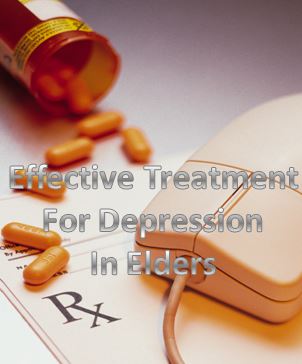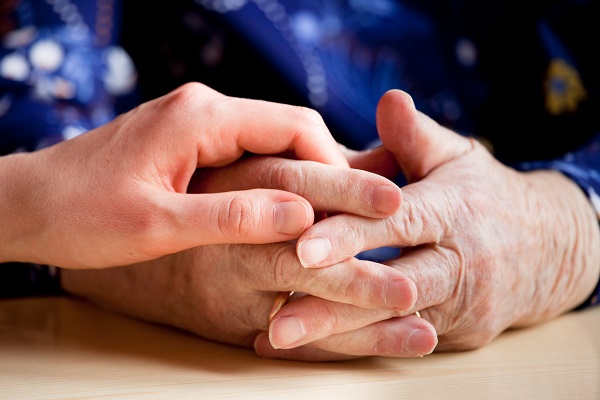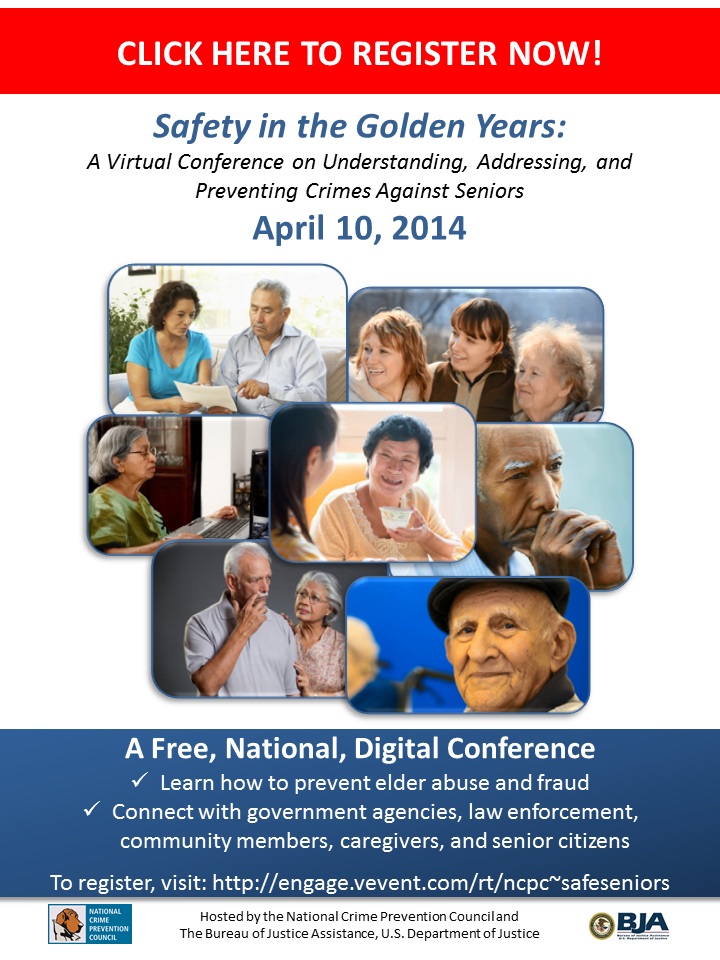Depression in Elders: Treatment and Coordination
We hope you have benefited from reading our information about some of the symptoms and risk factors for depression, as well as resources and ways to help. Today, we will delve further in to treatment options and health coordination to successfully manage depression.
Depression is particularly devastating for older adults. It is associated with decreased functioning, poor health status and decreased quality of life. Older adults with depression tend to have lower self-care abilities and recover slower from illness. The very issues that sometimes put elders at risk for depression are also outcomes of the disease, so it can be quite a downward spiral. Too often depression goes untreated, and it puts older adults at greater risk of death from poor health and suicide.
Effective depression treatment can be provided to older adults at a modest cost. For example, Katon and colleagues (2005) found that integrated and collaborative treatment of depression in the primary care setting produces positive clinical outcomes and increases health care costs by less than $150 per older adult per year (SAMHSA, The Treatment of Depression in Older Adults). Due to the negative impacts on health and functioning, treatment can actually reduce overall costs, especially in the long-term.
Once symptoms are identified, quality care and treatment can make a big difference to the elder. Evidence shows that psychotherapy interventions (cognitive-behavioral therapy, problem-solving treatment, interpersonal psychotherapy and others) and antidepressant medications are effective treatments in older adults (and may even offer better success when combined). Additionally, due to the nature of these issues for older adults, integrated physical and mental health care and multidisciplinary outreach (home and community-based approaches) are key.
In our geriatric care management practice, we’ve identified these key steps in the treatment process for depression:
- Getting a thorough diagnostic and overall health workup (differentiating various symptoms, checking for underlying disease and reviewing overall health status)
- Identifying appropriate practitioners (with expertise in the disease as well as experience working with older adults, accounting also for issues like insurance coverage and personalities) who prescribe evidence-based methods tailored to the person’s needs and overall health situation
- Coordinating care (providers working together/coordination via care management to ensure cooperative treatment and lack of negative interactions; continuity between settings; ensuring the person gets to appointments, continues treatment/follow up)
- Properly managing medications and evaluating treatment (assistance with properly taking medications/resource to help; review for drug interactions or side effects; monitoring and evaluating treatment success and problems)
- Identifying lifestyle issues and managing supportive care/needs (building a support network; helping the person stay active, eat a healthy diet and exercise; addressing financial, housing, care and safety needs)
The best evidence-based treatments can fail, particularly in older adults, for many “non medical” reasons. When lifestyle issues are not addressed, the person may discontinue treatment or suffer further deterioration in health. For example, if the patient starts taking medication but eats very little or does not remember how to take medications properly, she may begin feeling ill from the medication or experience dizziness/falls. A person who is overwhelmed with challenges in self-care and constant health problems may feel hopeless and give up treatment. Other clients may decide they cannot afford treatment.
So many of these issues can easily be addressed with proper coordination and assistance. Please reach out to us via message or at 727-447-5845 if you or someone you love needs help!
References:
Substance Abuse and Mental Health Services Administration (SAMHSA), Evidence Based Practices Kit, Selecting Evidence-Based Practices For Treatment of Depression in Older Adults






 Popular Downloads
Popular Downloads


 Get Our Newsletter!
Get Our Newsletter! Mission Statement
Mission Statement

